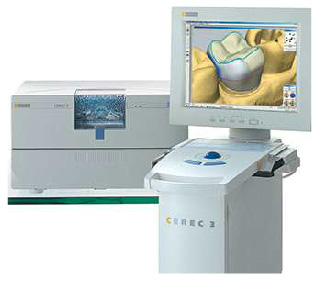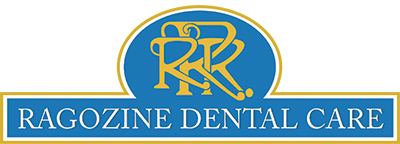
Neuromuscular dentistry is the evaluation and treatment of your overall oral health, by looking at how your muscles, teeth, and joints all work together.
TMJ/TMD TMJ stands for temporomandibular joint, which is the jaw joint in the temple, where the upper and lower jaws meet. As a commonly-used term, TMJ means temporomandibular joint syndrome and refers to a cluster of specific symptoms. In recent years, dentists have started using the term TMD (temporomandibular disorder), because the actual temporomandibular joint may or may not be part of the problem.
Other things besides the jaw joint that could cause neuromuscular or TMJ problems:
• Posture
• Head and neck muscle conditions
• Your bite
How can a bite be changed? A neuromuscular dentist can determine the position your jaws should be in if your muscles were relaxed, and can then adjust your bite to match.
